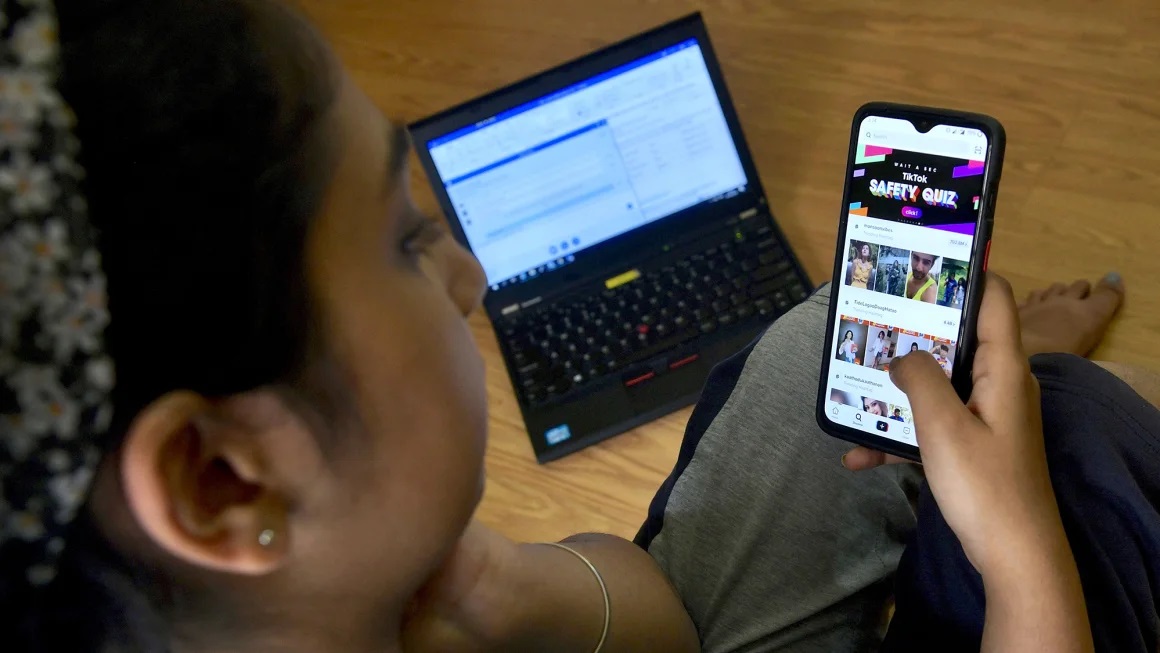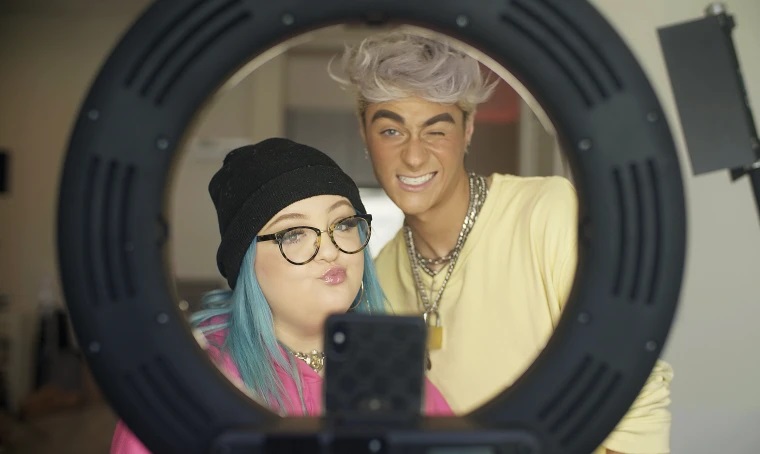The Surprising Reactions of 200 Million People in This Country

Life Without TikTok
After the new law was passed, 170 million Americans became concerned about the potential ban of the highly popular social media app, TikTok. How can they continue living in a world without TikTok? They only need to learn from the most populous country on the planet, located on the other side of the globe.
In June 2020, following clashes at the India-China border, the New Delhi government surprisingly banned TikTok and several other popular Chinese apps. Nikhil Pahwa, founder of the technology website MediaNama in Delhi, said, “What is important to remember is that when India banned TikTok and other Chinese apps, the US was the first country to applaud this decision.”
While India’s abrupt decision shocked 200 million TikTok users in the country, many discovered suitable alternatives in the four years since. Pahwa added, “The TikTok ban created a billion-dollar opportunity… The 200 million user base needed a new destination,” and finally, American tech companies seized the opportunity with their new services.
Life Finds a Way

The ban wasn’t without its challenges. Indian TikTokers struggled with confusion and even agony in the days and months that followed. In 2020, TikTok had become extremely popular among Indians seeking an escape from the pressures of strict Covid-related lockdowns.
Saptarshi Ray, product head at Viralo, an influencer marketing platform based in Bengaluru, said, “Everyone in India wanted to become a Bollywood star, and TikTok turned that dream into reality by turning anyone, even those in small towns, into overnight sensations.”
However, the glory faded, and soon, other avenues for creativity and commercial collaborations emerged. A fierce battle ensued between American tech giants and domestic startups to fill the void. Within a week of the ban, Instagram, owned by Meta, made money by launching its TikTok counterpart, Instagram Reels, in India. Google introduced its own short video offering, YouTube Shorts.
Domestic alternatives like MX Taka Tak and Moj also began experiencing increasing popularity and abundant funding. However, these startup companies eventually faltered due to their inability to compete with the reach and financial power of their strong-growing American counterparts.
According to consulting firm Oxford Economics, the Google spokesperson stated that the “YouTube creative ecosystem” contributed approximately $2 billion to India’s economy by 2022.
Ray mentioned that Indian content creators quickly transitioned their old TikTok content to Instagram Reels and YouTube Shorts. “Some influencers post seven Reels a day and attract four to five million subscribers per year.”
But not everyone could amass a significant following on these platforms.
Clyde Fernandes, CEO of Opraahfx, a talent management and influencer marketing firm, said, “Many users and creators fell into a dark abyss after the ban, and some are still struggling to get out.”
“The level of reach and followership one can achieve on TikTok is unmatched by any other platform currently,” he added.
Is Removing TikTok Safe?
US officials and lawmakers have long expressed concerns that the Chinese government could compel ByteDance, the parent company of TikTok, to hand over data collected from American users.
Cybersecurity experts believe that the national security concerns surrounding TikTok are mostly speculative. Meanwhile, Indian experts argue that removing TikTok from the country’s digital life does not create a safer space.
“I’m not sure if removing TikTok affects the context of cybersecurity threats or not,” said Vivan Sharan, a partner at the Delhi-based technology policy consulting firm Koan Advisory Group. “Unless there is a change in users’ perception of software on their phones or what they download from the internet.”
Removing TikTok does not isolate Indians from the threat of spreading misinformation.
“In terms of content and the environment of misinformation, we see that we still struggle with serious issues like deepfakes, etc., with or without TikTok,” Sharan said.
